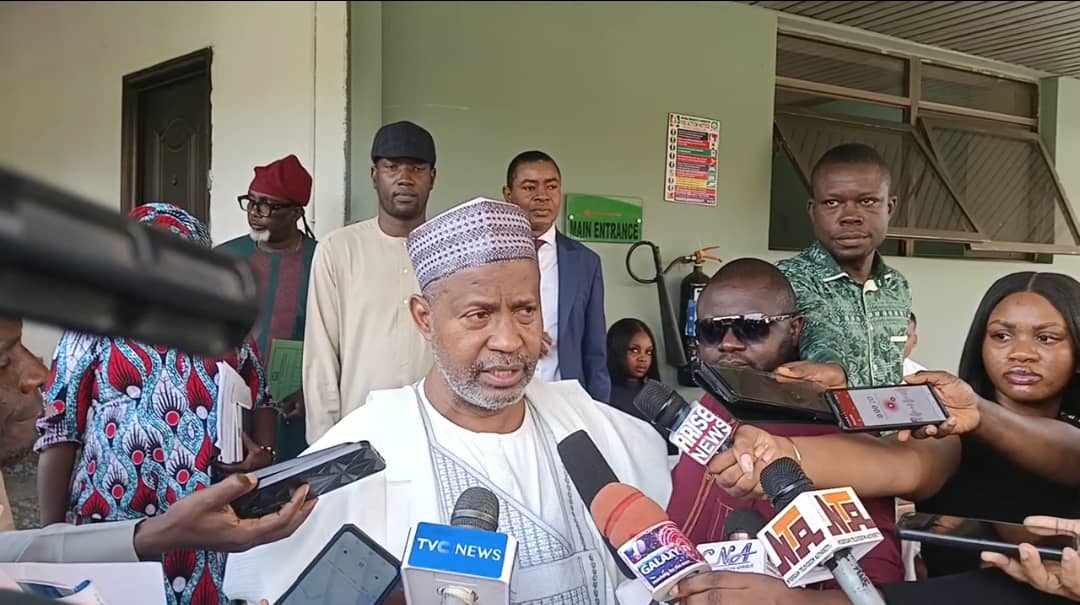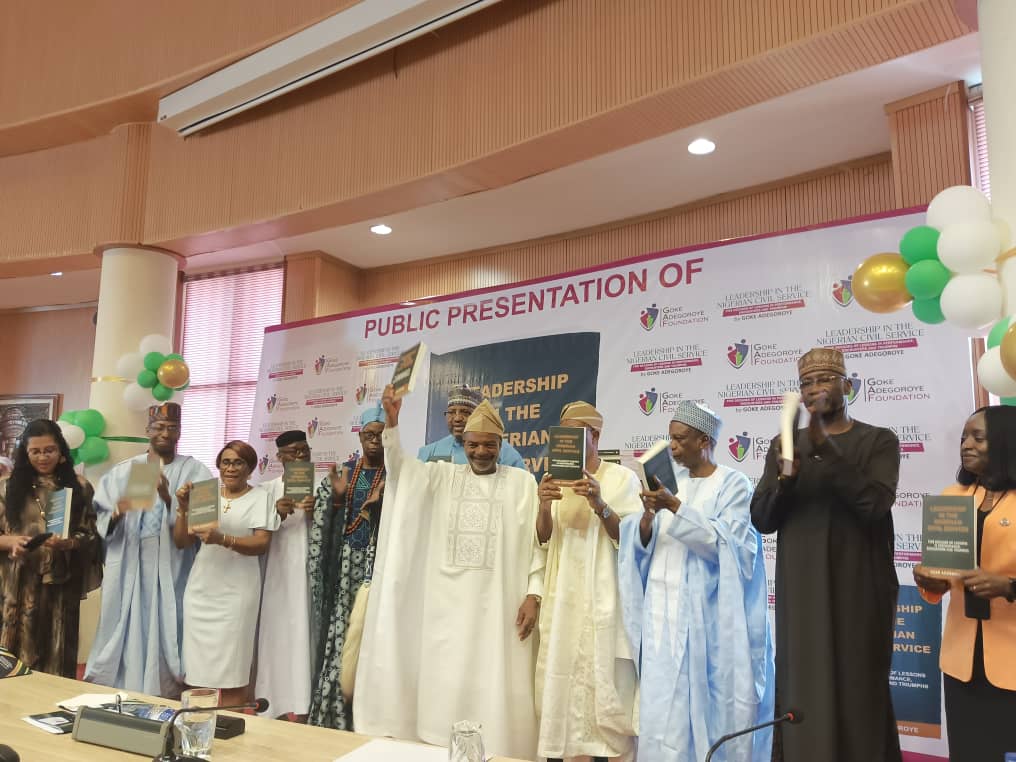By: Goodluck E. Adubazi, Abuja.
The Africa Centres of Excellence (ACE) project has been described as a game-changer in higher education across the 14 Nigerian universities currently hosting the initiative.
The ACE project, funded by the World Bank, has been transforming Africa’s higher education landscape since its inception in 2014. The initiative aims to raise the global competitiveness of African universities by enhancing postgraduate education, fostering applied research, and strengthening industry collaboration. As a result, Nigerian ACEs have generated an impressive \$89.1 million through various means.

Speaking at the Pre-closure Retreat for the Second Africa Higher Education Centres for Development Impact (ACE Impact) on Wednesday, June 4, 2025, at the National Universities Commission (NUC) Auditorium in Abuja, Project Coordinator Dr. Joshua Attah highlighted the achievements of Nigerian ACEs.
He stated that the centres have collectively earned over ₦3.2 billion (approximately \$24.9 million) through grants, consultancy services, and other sources.

He added, “A total of 33,347 students have been enrolled, a feat made possible by the World Bank-funded project in collaboration with the National Universities Commission.”
According to him, the centres currently have 33,347 students, including 924 regional students from 15 different countries. He also noted that the centres have produced 2,571 publications in internationally recognized journals.

Commenting further, Dr. Attah said, “Nigerian ACEs have established 452 national and international partnerships with industries and institutions. Additionally, 128 academic programs have been accredited across 17 ACEs, with all 17 receiving full accreditation from the National Universities Commission (NUC).”

He also revealed that four Nigerian health-focused ACEs were designated by the World Health Organization (WHO) as COVID-19 testing laboratories. Emphasizing the project’s achievements in regional scholarships and innovation funding, Dr. Attah mentioned that Nigeria has made two installment payments totaling \$3.09 million to support regional scientific collaboration.
“The Nigerian government has sponsored 40 scholars under the Regional Scholarship and Innovation Program,” he added.

Responding to questions from journalists, Dr. Attah said, “The ACE project is a game-changer for higher education in Africa, fostering institutional and developmental transformation across the continent. Its impact extends beyond academia, contributing to regional integration, innovation, and real-world problem-solving.”
Meanwhile, the Executive Secretary of the National Universities Commission (NUC), Professor Ahmed Rufai Ribadu, welcomed representatives of the 14 host universities to the retreat and commended the achievements of the ACE Impact project.
“The Executive Secretary praised the project for transforming the landscape of higher education and research in Nigeria and West Africa. The centres have been established in key areas such as STEM, health, agriculture, and education,” the NUC noted.
According to Prof. Ribadu, the centres have produced high-quality master’s and PhD graduates, fostered impactful research, and strengthened ties with industry.
He added that the centres have gained international recognition and attracted global partnerships. Research outputs from the centres have resulted in patents, innovations, and policy contributions.

Prof. Ribadu emphasized the importance of sustainability beyond donor funding. He urged the centres to develop practical post-project action plans, forge strategic partnerships, and build governance models that attract investments from both the public and private sectors.
“This is not the end but the beginning of a new era of responsibility. You must build on the foundation laid over the past 10 years to ensure these centres continue as engines of growth, research, and regional leadership,” Prof. Ribadu advised.
He reiterated the NUC’s commitment to working with participating universities to institutionalize reforms introduced by the ACE project and to promote collaborations with industry, government, and international bodies.

In an interview with journalists, Prof. Ribadu remarked that the ACE Impact project has significantly contributed to Nigeria’s higher education sector and that its influence will continue even after the project ends.
Vice Chancellors from Ahmadu Bello University, Zaria; Bayero University, Kano; and Redeemer’s University, among others, also spoke with journalists. They commended the World Bank-funded ACE project for its many accomplishments within their institutions and pledged to sustain the progress achieved.
Standard-Times Nigeria learned that the ACE project was implemented in two phases: the first phase lasted five years, and the second—also a five-year term with no extension—is expected to conclude on June 30, 2025. The impact of the Nigerian ACEs over the past decade is described as immeasurable and enduring.




















